The Influence of Social Media on Public Opinion and Politics

Social media has revolutionized the way information is disseminated and consumed, profoundly influencing public opinion and the political landscape. Platforms like Facebook, Twitter, Instagram, and TikTok have become critical arenas for political discourse, activism, and campaigning. This article explores the multifaceted impact of social media on public opinion and politics, highlighting its transformative power, potential pitfalls, and the evolving nature of digital political engagement.
The Rise of Social Media in Politics
The advent of social media has democratized information sharing, enabling ordinary citizens to participate in political conversations. Traditional media, once the gatekeepers of political news, now share the stage with countless online voices. Social media platforms facilitate instant communication, allowing politicians, activists, and the public to engage directly. This immediacy has reshaped how political messages are crafted, delivered, and received.
Shaping Public Opinion
Social media wields significant power in shaping public opinion. Algorithms designed to maximize user engagement often amplify sensational content, sometimes at the expense of accuracy. This phenomenon can create echo chambers where users are exposed primarily to viewpoints that reinforce their existing beliefs. Consequently, social media can both inform and polarize public opinion.
Virality and Information Dissemination
The viral nature of social media content accelerates the spread of information, making it a double-edged sword. On one hand, it allows important issues to gain rapid visibility. For instance, the MeToo movement used social media to bring widespread attention to issues of sexual harassment and assault. On the other hand, the same mechanisms can spread misinformation and fake news, which can mislead the public and influence political outcomes.
Hashtag Activism
Hashtags like BlackLivesMatter and ClimateStrike have become rallying cries for social and political movements. These digital campaigns mobilize large groups of people, drawing attention to critical issues and pressuring policymakers to respond. Hashtag activism illustrates the power of social media to shape public discourse and drive political change.
The Role of Social Media in Political Campaigns
Political campaigns have embraced social media as a vital tool for reaching voters. Platforms like Facebook and Twitter offer targeted advertising, allowing campaigns to tailor messages to specific demographics. This micro-targeting can increase voter engagement and turnout but also raises concerns about privacy and data security.
Direct Communication
Social media enables politicians to communicate directly with their constituents, bypassing traditional media filters. This direct line of communication can foster a sense of authenticity and transparency. Former President Donald Trump’s prolific use of Twitter exemplifies how politicians leverage social media to connect with supporters, shape narratives, and respond to controversies in real time.
Fundraising and Mobilization
Crowdfunding and online donations have become integral to political campaigns. Social media platforms provide a cost-effective way to solicit small donations from a broad audience. Additionally, they are instrumental in organizing grassroots mobilization efforts, from door-to-door canvassing to virtual town halls.
The Dark Side: Misinformation and Manipulation
While social media has democratized political participation, it also presents significant challenges. The spread of misinformation, fake news, and propaganda can undermine democratic processes. Bad actors, including foreign entities, exploit social media to sow discord and influence elections.
Fake News and Echo Chambers
The proliferation of fake news on social media can distort public perception and erode trust in legitimate news sources. Echo chambers, where users encounter predominantly like-minded perspectives, exacerbate polarization and reduce exposure to diverse viewpoints. This insularity can hinder constructive political dialogue and compromise informed decision-making.
Cybersecurity Threats
The manipulation of social media by malicious actors poses a significant threat to national security. From hacking and disinformation campaigns to the creation of fake accounts and bots, these tactics aim to disrupt political stability. The 2016 U.S. presidential election highlighted the vulnerability of social media to such interference, prompting calls for greater regulation and oversight.
The Evolving Landscape of Digital Political Engagement
As social media continues to evolve, so too does its impact on politics. Emerging platforms and technologies offer new opportunities and challenges for political engagement. The rise of influencers and digital content creators has introduced novel dynamics into political communication.
Influencers and Political Endorsements
Social media influencers wield substantial clout, especially among younger demographics. Their endorsements and political commentary can sway public opinion and mobilize voters. Collaborations between influencers and political campaigns represent a growing trend in digital political strategy.
Augmented Reality (AR) and Virtual Reality (VR)
AR and VR technologies have the potential to revolutionize political campaigning and engagement. These immersive experiences can offer virtual town halls, interactive policy discussions, and enhanced voter education. As these technologies become more accessible, they may redefine the landscape of digital political engagement.
Outlook Times
Explore the journeys of today’s most successful business leaders, uncovering the strategies, challenges, and triumphs that define their paths to success.
Trending
-
 Ronit Pinto
Ronit Pinto -
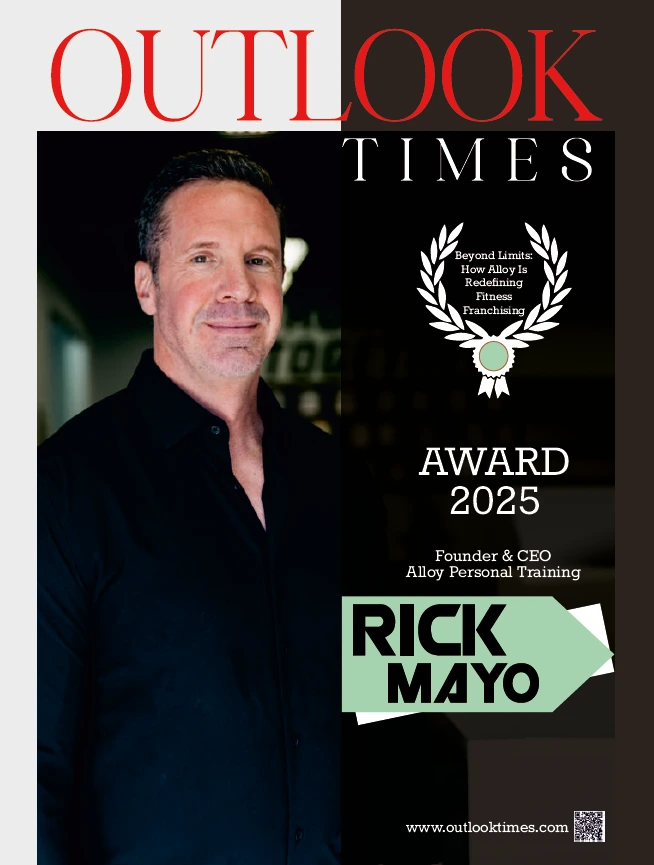 Beyond Limits: How Alloy Is Redefining Fitness Franchising
Beyond Limits: How Alloy Is Redefining Fitness Franchising -
 Firdaus Nagree
Firdaus Nagree -
 The Most Promising Tech Innovation of the Future
The Most Promising Tech Innovation of the Future -
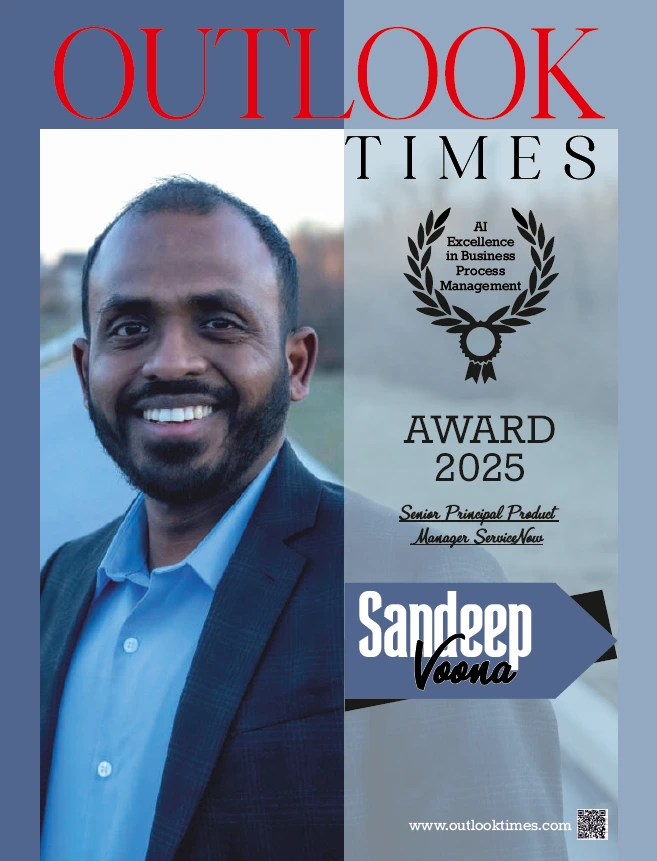 AI Excellence in Business Process Management
AI Excellence in Business Process Management -
 Iconic Voice in Soulful Leadership & Cultural Impact – 2025
Iconic Voice in Soulful Leadership & Cultural Impact – 2025 -
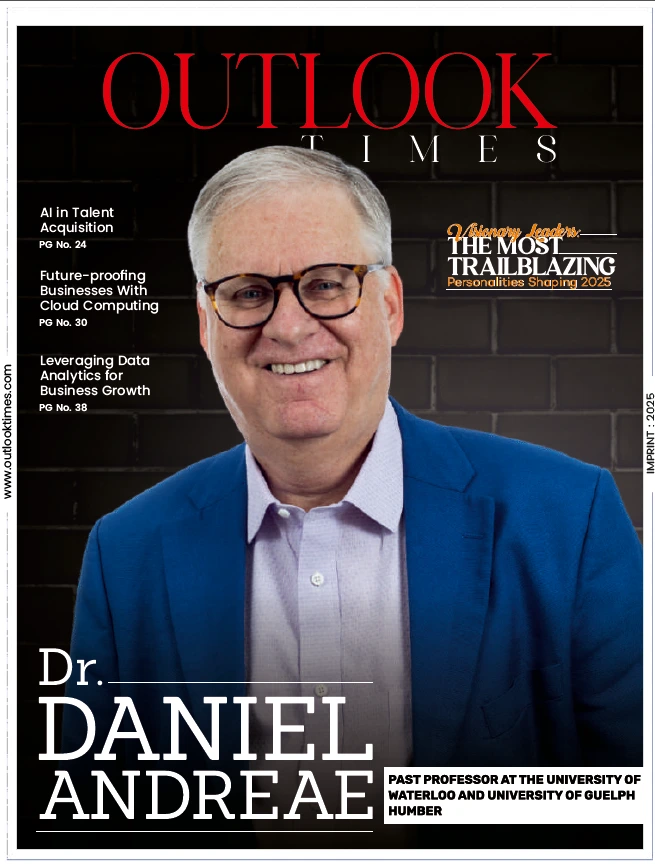 Visionary Leaders: The Most Trailblazing Personalities Shaping 2025
Visionary Leaders: The Most Trailblazing Personalities Shaping 2025 -
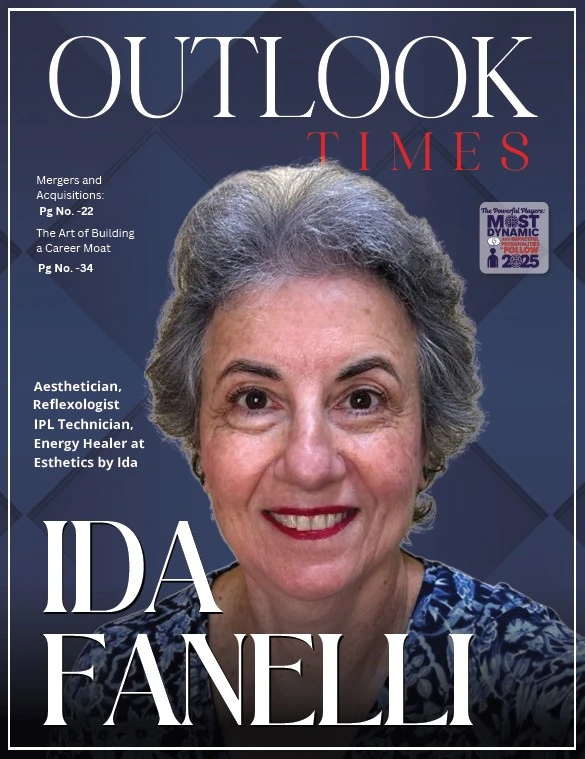 The Power Players: Most Dynamic and Impactful Personalities to Follow in 2025
The Power Players: Most Dynamic and Impactful Personalities to Follow in 2025 -
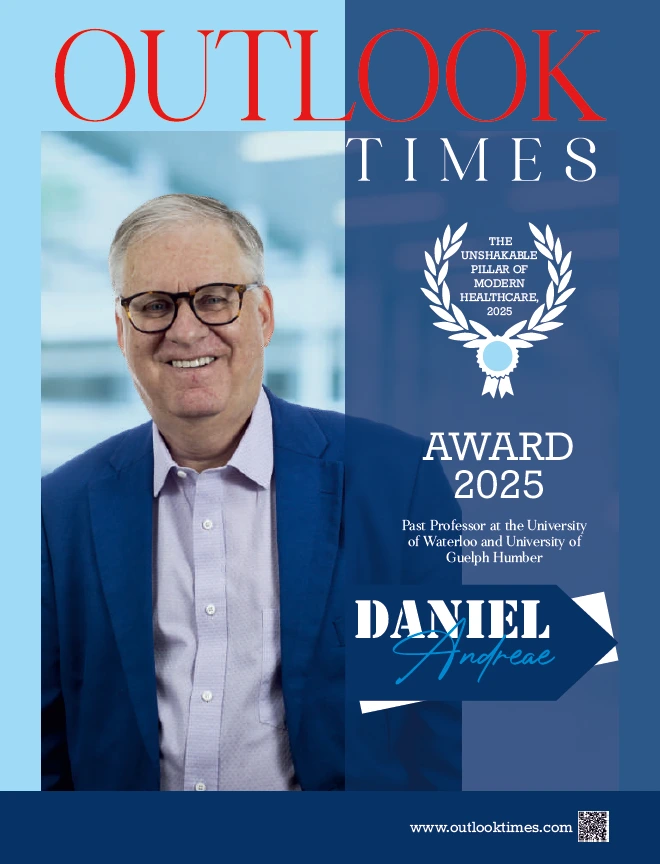 The Unshakable Pillar of Modern Healthcare, 2025
The Unshakable Pillar of Modern Healthcare, 2025 -
 Dr. Aidan Mouat
Dr. Aidan Mouat -
 Trailblazing Legend: Iconic Leader Who Inspire the World
Trailblazing Legend: Iconic Leader Who Inspire the World -
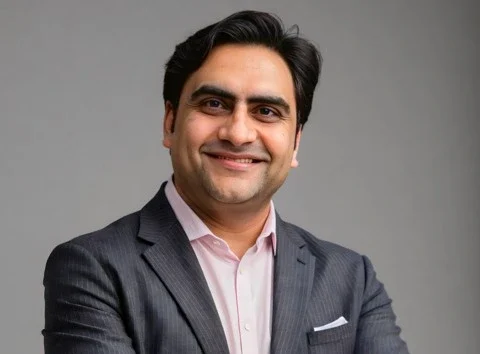 Sukh Sandhu
Sukh Sandhu -
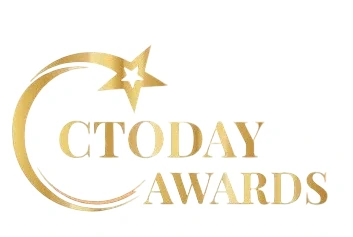 Ctoday Awards : Leaders Awards 2024,Felicitated Top Companies & Individuals
Ctoday Awards : Leaders Awards 2024,Felicitated Top Companies & Individuals -
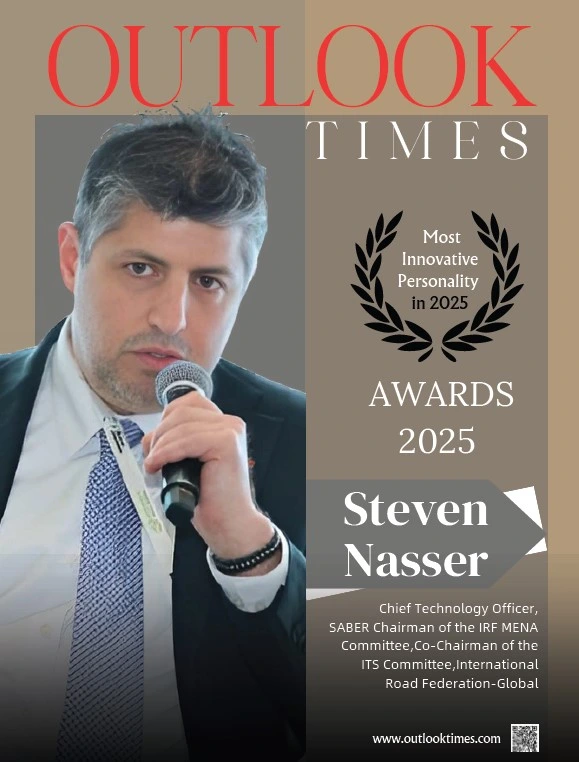 Most Innovative Personality in 2025
Most Innovative Personality in 2025 -
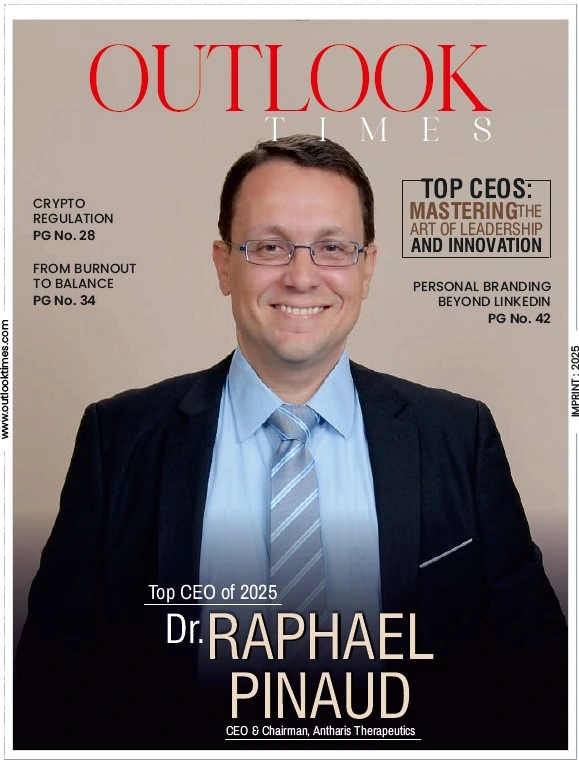 Top CEOs: Mastering the Art of Leadership and Innovation
Top CEOs: Mastering the Art of Leadership and Innovation -
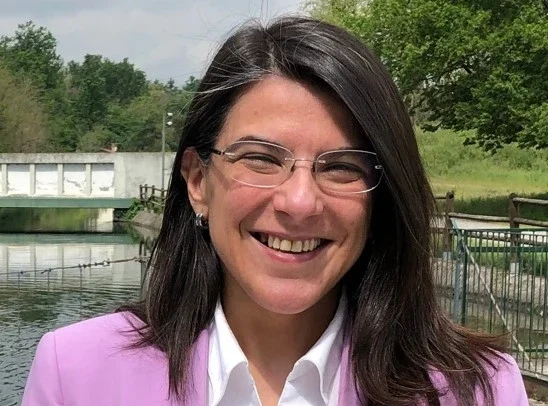 Antonella Rubicco
Antonella Rubicco -
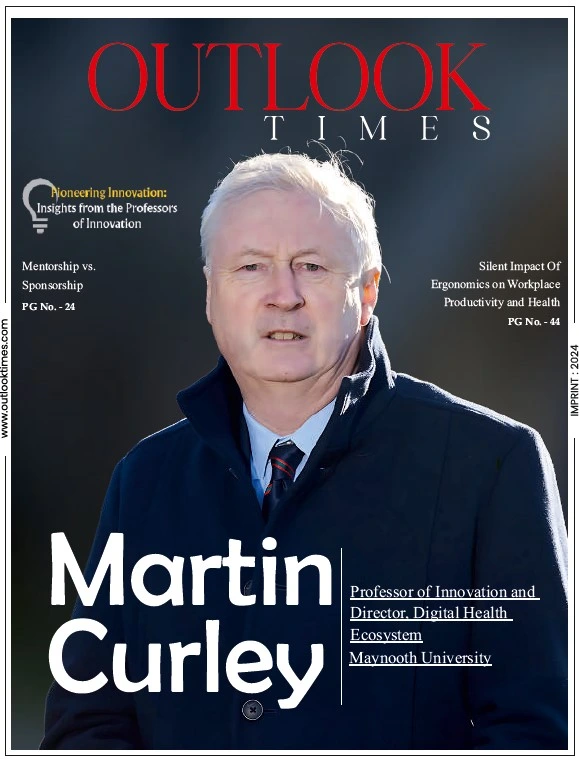 Pioneering Innovation: Insights from the Professors of Innovation
Pioneering Innovation: Insights from the Professors of Innovation -
 The Most Tremendous Personalities Of Our Time
The Most Tremendous Personalities Of Our Time -
 Teaching GOATs
Teaching GOATs -
 Herve Heully
Herve Heully -
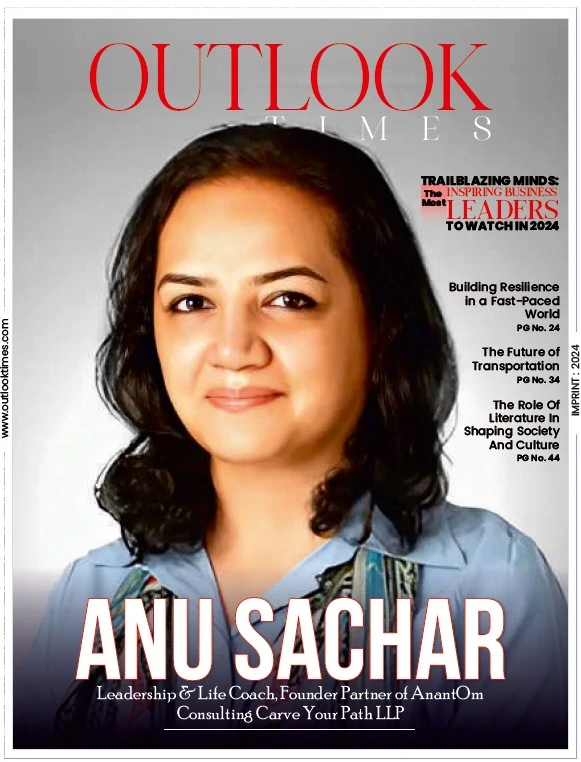 Trailblazing Minds: The Most Inspiring Business Leaders to Watch in 2024
Trailblazing Minds: The Most Inspiring Business Leaders to Watch in 2024 -
 Somnath Malakar
Somnath Malakar -
 Most Visionary and Influential CEOs to watch in 2024
Most Visionary and Influential CEOs to watch in 2024
